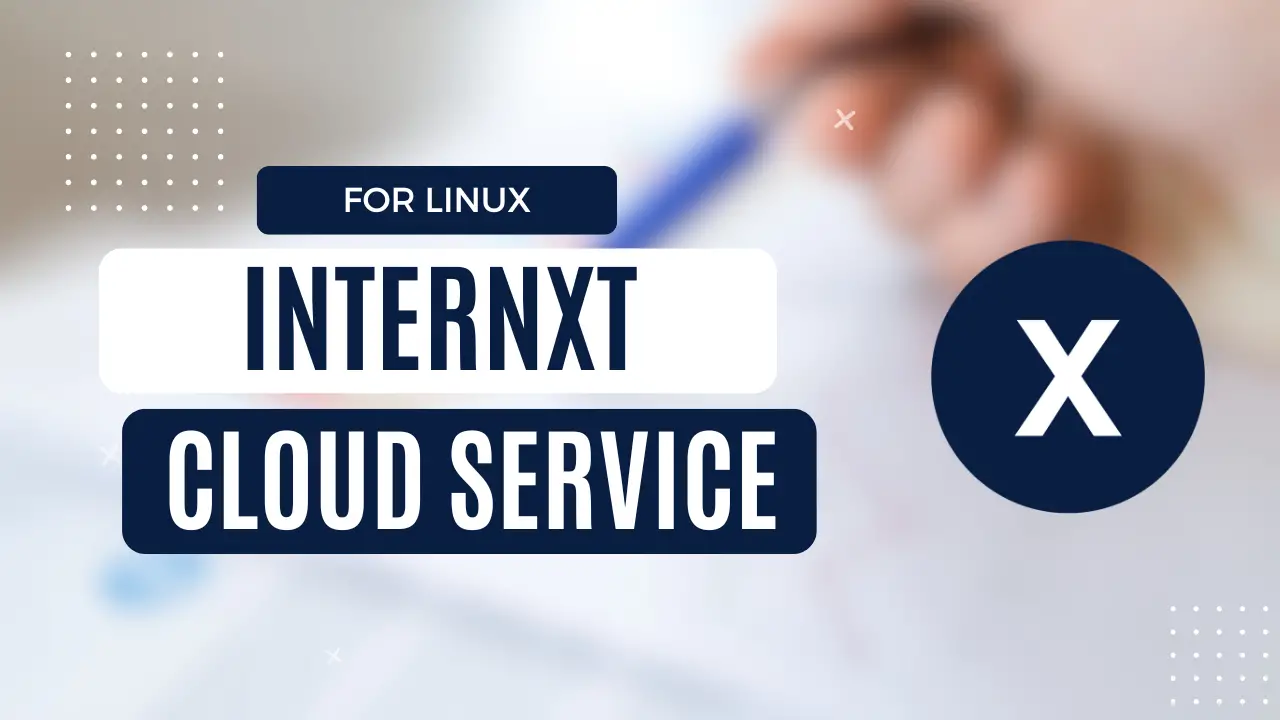Why Nerds Use Linux
Table of Contents
In life, there are many reasons for a person to embrace a new idea or way of life. Most of the time because it does him good. And there are always no reasons why such an idea should be flaunted, in order to bring this good to more and more people, as a cascade effect.
Today I bring some particular reasons why a person chooses to use Linux:1) A good reason to use Linux is to have the pleasure of saying you do not use Windows when someone asks you to go to your home to fix your computer and you do not know the reason for the problem. You can say that you do not know Windows and can not fix it.
Not infrequently we find an unrecoverable pirated Windows full of malware and everything else, with important data that the user does not want to lose, but of course, did not make a simple backup. After this grim picture, we can only say: “Sorry, my friend, I do not know Windows, I only use Linux.”
2) Another reason we use Linux is the time we can invest to learn IT. One day you learn four terminal commands, another day you learn how to access the disk, in another, you learn how to kill a process, etc. Over the years you realize that you have known a lot of things, you are able to install a web server and an email server, you know what the ports are and you know how to lock, unlock; you learn what a firewall is, and you can start by saying that you know how the computer works from the inside.
On Windows, this time is wasted with a dark system that does not allow us to see what is happening which reacts unexpectedly to our attempts to fix it and when you least expect it we can do nothing else, and only one formatting system resolves. Trying to learn with Regedit or Dr. Watson on Windows is an impossible task because tomorrow Windows 10 will come with new techniques that will completely change the system, making adjustments even more hidden. So you try to learn everything over and over again, it revolves around a system that never shows what is happening.

3) Another reason is, of course, security. Do not waste time installing anti-virus on Linux, anti-spyware and anti-everything. Our system does not consume extra features to analyze all the packets that travel through the network card.
It allows better bandwidth utilization, better Internet browsing and is virus free without antivirus. There are 6 million viruses cataloged for Windows, against one thousand for Linux. The distributions are already vaccinated. And when a virus is released for Linux, malicious, hours later all distributions are already vaccinated.
What for some may be an interesting feature, for me is more than enough reason to choose Linux, since I spend 80% of the time surfing the Internet or use applications online with the assurance that everything is working properly, no ANTI-EVERY system tools sucking up the features of my machine to protect it too much. No doubt Linux is ideal for surfing the Internet, and we must not forget that many users buy a computer for that purpose alone.
4) Linux is more compatible. This statement, which a priori seems strange is explained when you know Linux and knows the standard file formats and also those that are free. First, I ask why in Linux Open Office opens all files, such as DOC and Windows DOCX but does not open ODF Office, which is a format approved by the ISO international standard for years?
Start to see how there are free file formats for almost everything from vector drawing, music, images, texts, documents… and all free formats are incompatible in Windows, especially in Microsoft tools, and are commonly used in other operating systems and in a multitude of tools.
5) Therefore, Windows is incompatible, not Linux. Windows only support proprietary formats and block free formats to become incompatible. It is unacceptable that after 10 years of OGG’s existence, files as a free alternative to the proprietary MP3 format, you are not able to open it in Windows 10 natively. Has not Microsoft had time to incorporate the free codec over the years?
The same goes for SVG, ODF, and a large collection of files that Windows still struggles to block. We also see that Linux can read and write to Windows FAT16, FAT32, and NTFS hard drives, while Windows can only read Windows disks.
6) Another reason that invites us to use Linux is the great activity that exists in the network. Users who realize the great advantages of free software which are not at the mercy of large companies become very active in the network trying to help other users that start with free software, solving doubts and problems, while other users are participating in forums, write blogs, etc. Thus, this large database of knowledge that is the network only grows to compensate for any lack of means at the time of programming applications.
Using Linux makes you feel part of an active, supportive, engaged and informed community, it makes you feel proud to belong to a group of self-sacrificing and committed to the sustainable development of the Internet and computing in general.
7) With Linux, there are no surprises. Once running our video card, our scanner or modem, is already running forever. With Linux, you do not have surprises where one day it just stops working this or that element, or suddenly, for no apparent reason, “strange things” or failures happen, or what worked yesterday, does not work today, without touching anything.
These things are from Windows. Linux is robust, and when we tap into a configuration file, if something happens to stop working, you can recover the configuration file to leave it as it was. Nothing is broken. All of this invites us to become committed to learning while others recommend us to change settings on blogs and try, and when we do that we do not stop adapting Linux to our personal taste. That is, it can be comforting to solve the unexpected in minutes and always have our Linux 100% without errors.
8) With Linux, we spend less time. In Windows, you lose a lot of time to do certain tasks. As we often need tools that can be found on the network, we install, test, do not do what we need, uninstall and keep trying. When the tool we need does not do what we want because it is a demonstration, we have to find a crack and pray for it to work. Once we have done all of this, we have fulfilled our goal, but we have to remove all the garbage we have installed, always praying that our system will not be full of malware.
9) On Windows, we also lose a lot of time restarting. It’s amazing how often you have to restart Windows, not only when you install anything, but also when you think something is wrong, or when an application simply stops responding. Also, installing applications is slow and often they have more features than we need. In Windows, you get used to using mega full function suites to perform simple tasks. On Linux, tools are installed in seconds and most often do what we need in an easy way with intuitive menus due to the extreme collaborative effort of many people with excellent efficiency.

10) Linux runs smoother. After a while using Linux, when you lose your fear and when you stop to take an unconscious pause while moving files or doing certain tasks, we realize that Linux runs much smoother. Not just in the handling of files and applications simultaneously, but in everything. Linux always responds to what we say, even when the cursor shows the standby state. After this time, when we go back to Windows we realize that the operating system is totally cumbersome and bureaucratic towards the user.11) Linux also behaves better when we have many things open. Music player, another virtualized operating system, bulk downloads, browser … with an incredibly low percentage of CPU consumption. On the other hand, I would also like someone to explain to me why Windows 10 runs better virtualized on Linux. Definitely, the Linux kernel is more sophisticated and handles multitasking much better.
12) Linux does not bother you with uselessness. When we become advanced PC users, we get extremely upset when the machine tells us what to do. If you choose “restart later”, that’s all, we want to restart later. We do not want an application to constantly remind us that we have to restart because we already know that we have to reboot.

13) We also do not like to install a messenger, which installs 500 features, advertisements, communication guides with other web applications and other things that make your computer seem to have a life of its own just to send a message line to a friend. It is annoying when the OS decides for us, it is bad not being able to uninstall an old Messenger, it is annoying not being able to uninstall the Explorer, or when disabling things, later, to be activated automatically again. We want the operating system to respond to our clicks and not to itself.
14) In Windows, although you have the advantage of having more sophisticated applications and doing a lot of things, often these features are also a burden that, far from being an advantage, are a serious disadvantage. Is it necessary to resize an image, write an email or send an instant message? Do you need to install a 300Mb application? Including a browser and a connection to ODBC databases and 200 components, connectors and multimedia players, plus advertising is annoying and ineffective.
Do all applications need all this to do something so simple? On Linux, we have applications that do just what we want, without too much weight and without much frills. This does not mean that Linux can not do complex tasks since there are applications for all tastes.

15) On Linux, data is not obsolete. Those who have used Windows for years have seen that several tools become obsolete. Today, many companies still suffer from this problem because the company owner of the closed-source system decides to suspend the application and still charges fortunes for data migration. In Linux this does not happen, not only because the source code of the application is public, but also because in Linux we use open formats that allow data to easily migrate to more modern applications. On Linux, there are no companies interested in making your version outdated to make more money in the upgrade.
Conclusion
In Linux, often what we need is done with a couple of commands that are in a blog. One to download the tool and the other to do the job we want. Besides, nothing is pirate, everything is free. We can leave it on the computer peacefully in case you need it again in the future. Wait Am not done let’s meet in the next phase…
LinuxAndUbuntu Newsletter
Join the newsletter to receive the latest updates in your inbox.





